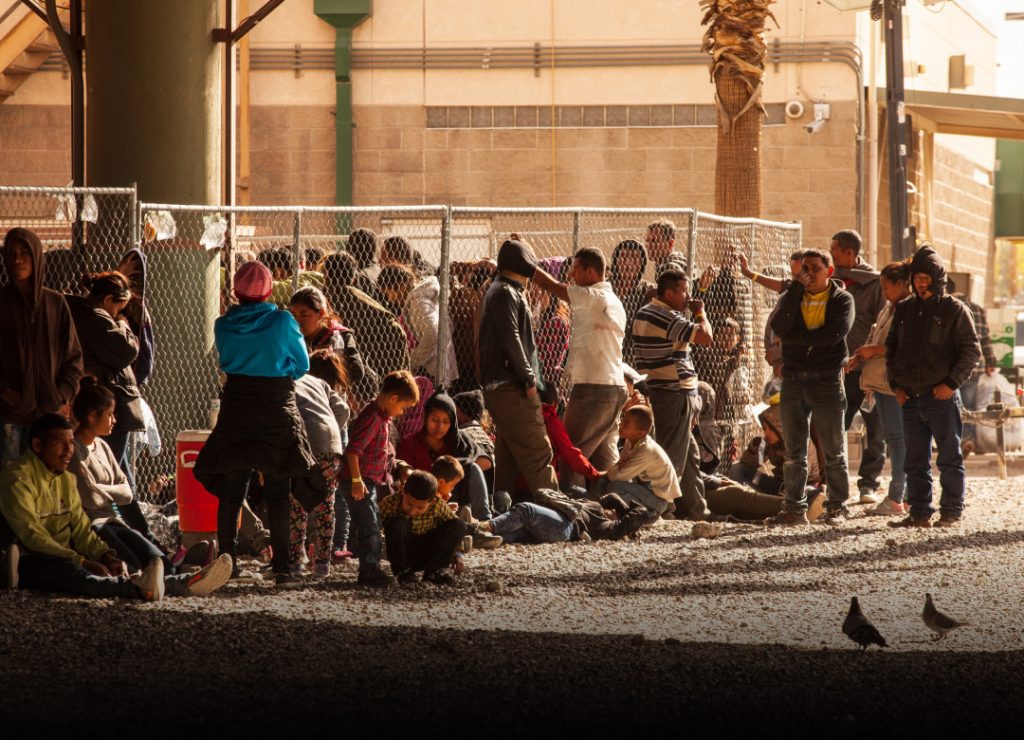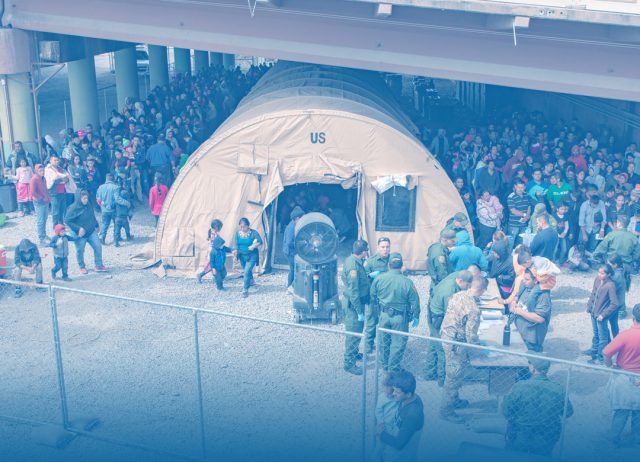Donors across the globe and world’s biggest aid agencies on Thursday will meet in Brussels to figure out a collective response to the blockade of lifesaving aid by Houthi rebels who have control over large swathes of northern Yemen.
Millions of Yemenis are in dire need of the aid. According to United Nations Security Council the obstruction is leaving 6.7m Yemenis out of assistance – the number is unprecedentedly higher.
“Humanitarian agencies must operate in an environment where they can uphold humanitarian principles,” says Lise Grande, the UN’s Resident Humanitarian Coordinator in Yemen.
“If we reach a point where the operating environment doesn’t allow us to do that, we do everything we can to change it.”
While the dialogue is still being the only option to cope with the access constraints put by Houthi authorities, there is not much time left as the crisis nears its breaking point. Consistent rounds of meeting, diplomatic efforts of envoys dispatched to the capital Sana’a and statements to the UN Security Council have not done much for the redressal of the complaints lodged by the aid agencies that range from delays in permits to harassment and detention of staff. One aid official described the on-ground situation as extremely hostile for aid efforts.

The decision to impose levy of 2% of operational budgets on every aid agency by Supreme Council for the Management and Coordination of Humanitarian Affairs (SCMCHA) introduced another challenge for the donors.
“We don’t want any disagreements with aid agencies,” asserts Man’e Al Assal who heads SCMCHA’s Department of International Cooperation.
“We informed them that if we work together towards a common goal to help people in need then we will not disagree, but not if they bring in political considerations,” said the official talking to a BBC correspondent in Sana’a, the stronghold of Ansar Allah since 2014. His words point to the environment shadowed by suspicion and criticism of major western aid providers and the spending priorities they come with.
Defending the Tax, Man’e Al Assal said: “There should be nothing wrong with providing funds which enable us to coordinate aid when we are suffering from a blockade,” as he made an attempt to highlight the restrictions imposed on air and sea ports by the Saudi-led coalition, there frontline adversary. The official then claimed that Tax may only be proposal and not a final demand.
“When this aid comes, like these expired medicines or spoilt food, we stop this aid so we don’t make Yemenis sick, or add to the tragedy,” he hastened referring to the stacks of boxes carrying medicine belonging to an international medical charity.
Playing down on the aid efforts, he then said that the pallet next to them has an expiry date of June 2020 and that by the time the paperwork is completed and the distribution gets underway, the outdated will not be usable.
The talk is much the same as other non-governmental-organizations active in northern Yemen also share the same view of aid stuck in warehouses as paper work, agreements and permits take over as necessities before those boxes could be upended.
Some governments have been tentative to make the decisions on their own as they wait for the embryonic efforts to finally bring some fruit after backchannel dialogue between Senior Saudi and Houthi authorities. There is a double trouble in a country where aid is the lifeline for 80 percent of the population. “Can we walk away from millions of people who, without aid, could easily slip into famine?”
At the 11th hour, the meeting called on Thursday seeks to forge a mechanism that extends a collective response with even scaling down on even suspension of aid programs. “The UK is urging the UN to lead on a plan – alongside other donors – for how we can all adjust how we give aid to ensure it gets to those in need,” a spokesperson for Britain’s Department of International Development (DFID) recorded.
“We may have to go in a different direction for a little while until we can get those conditions back in place. That’s our responsibility,” comments the UN’s Grande who plays a leading role in constant discussions with senior Houthi officials to protect a program which reaches more than 14 million people. “We are committed to find ways to cooperate.”
Donors and aid providers have expressed their concern about new obstructions in Southern Yemen that is under the control of coalition backed government, however, the impediments are still on a less small scale there.
A senior SCMCHA figure who accompanied the BBC correspondent to the north western province of Hajjah, one of the worst hit areas talking about the standoff, recorded: “When you see worms and insects in these bags, is this edible for humans?”, Alaan Fadayil, angrily pointed to the ripped flour sack.
The World Food Program officials while admitting that a very small percentage of food gets expires in the operations of this scale but a large part of aid still remains fit for the use. They also insisted that the aid subject to delays held in warehouses can’t be dispatched because of the unavailability of permits.















